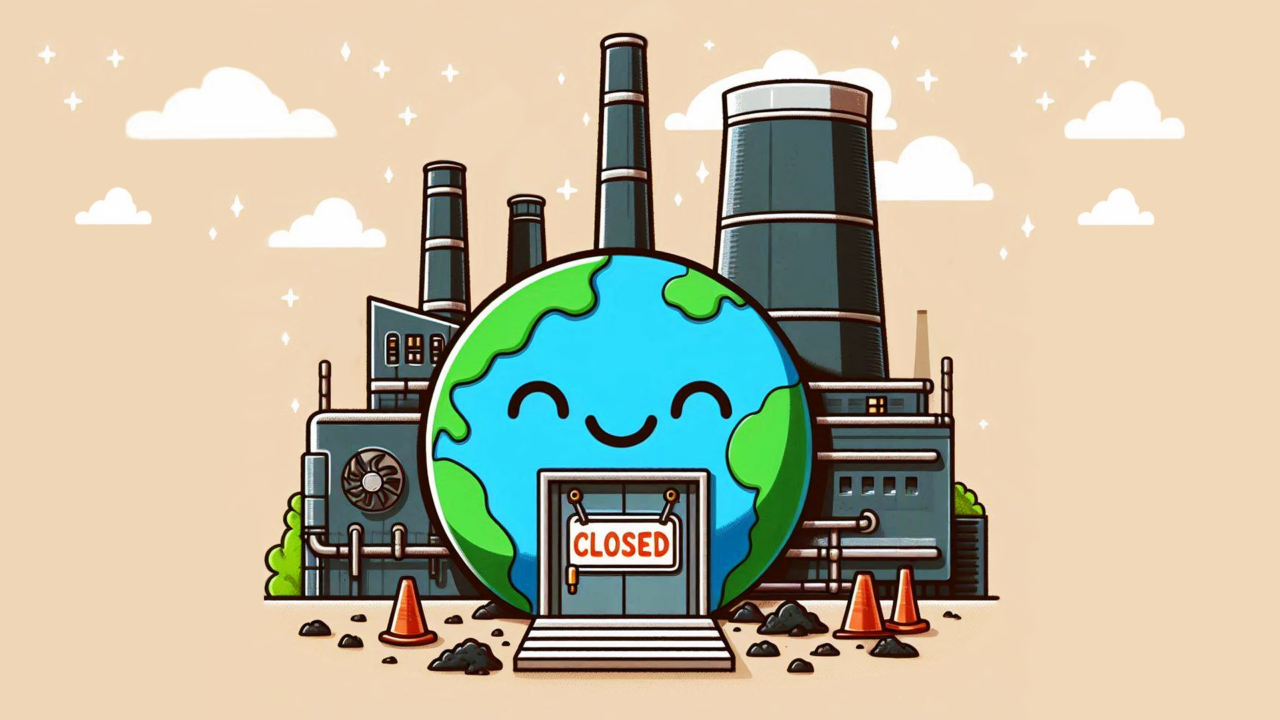The last coal power plant in Britain was closed last week, marking the end of over 140 years of coal-fired electricity and the beginning of more eco-friendly fuel use in the country.
Ratcliffe-on-soar, in central England, was home to the last coal power station in the UK. After more than half a century of turning coal, it finished its final shift last Monday at midnight.
The UK government has hailed this closure as a monumental turning point in Britain’s ambitious pursuit of a renewable energy future.
This retirement marks a critical step in the Labour government’s ambitious drive to generate 100% of Britain’s energy from renewable sources by 2030.
UK Energy Minister, Michael Shanks, stated that the plant’s closure ‘marks the end of an era and coal workers can be rightly proud of their work powering our country for over 140 years.’
‘We owe generations a debt of gratitude as a country,’ he said.
‘The era of coal might be ending, but a new age of good energy jobs for our country is just beginning,’
With just over five years left on the timer, however, the vital question looms: can this bold target truly be achieved?
Whether it can or can’t be, Britain has unequivocally positioned itself as a global leader in the fight against climate change.
Technically speaking, the closure of its last coal-fired power plant has also made Britain the first of the G7 nations to fully phase out coal.
It’s not the first country to achieve this feat, though. Belgium and Sweden boast the accolade of having a coal-free present and future.
In the vast majority of energy grids across the globe, the majority of electricity is still generated through burning coal, oil, or gases. This produces powerful greenhouse cases like carbon dioxide and nitrous oxide, which blanket the Earth and trap the Sun’s heat.




















